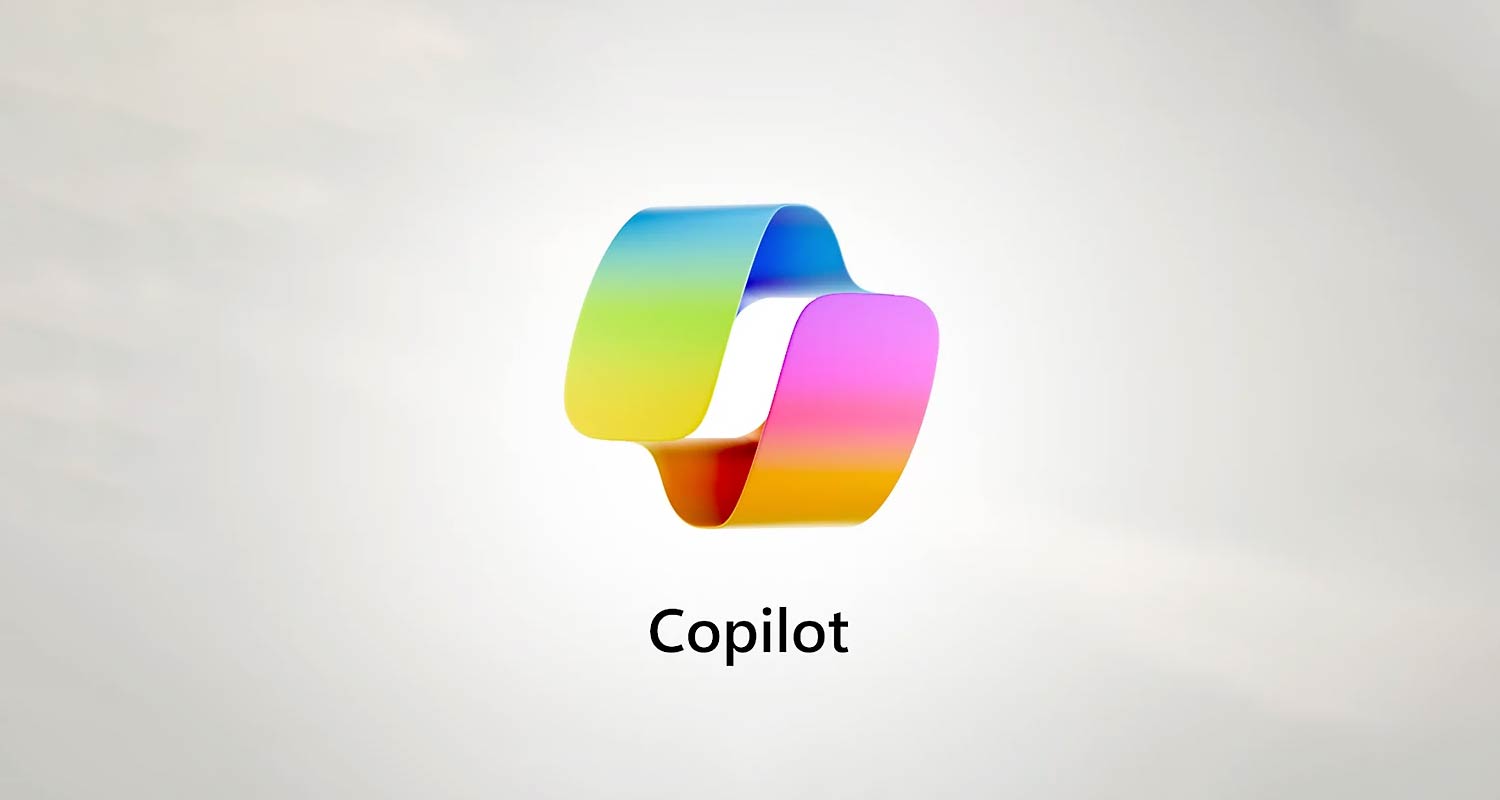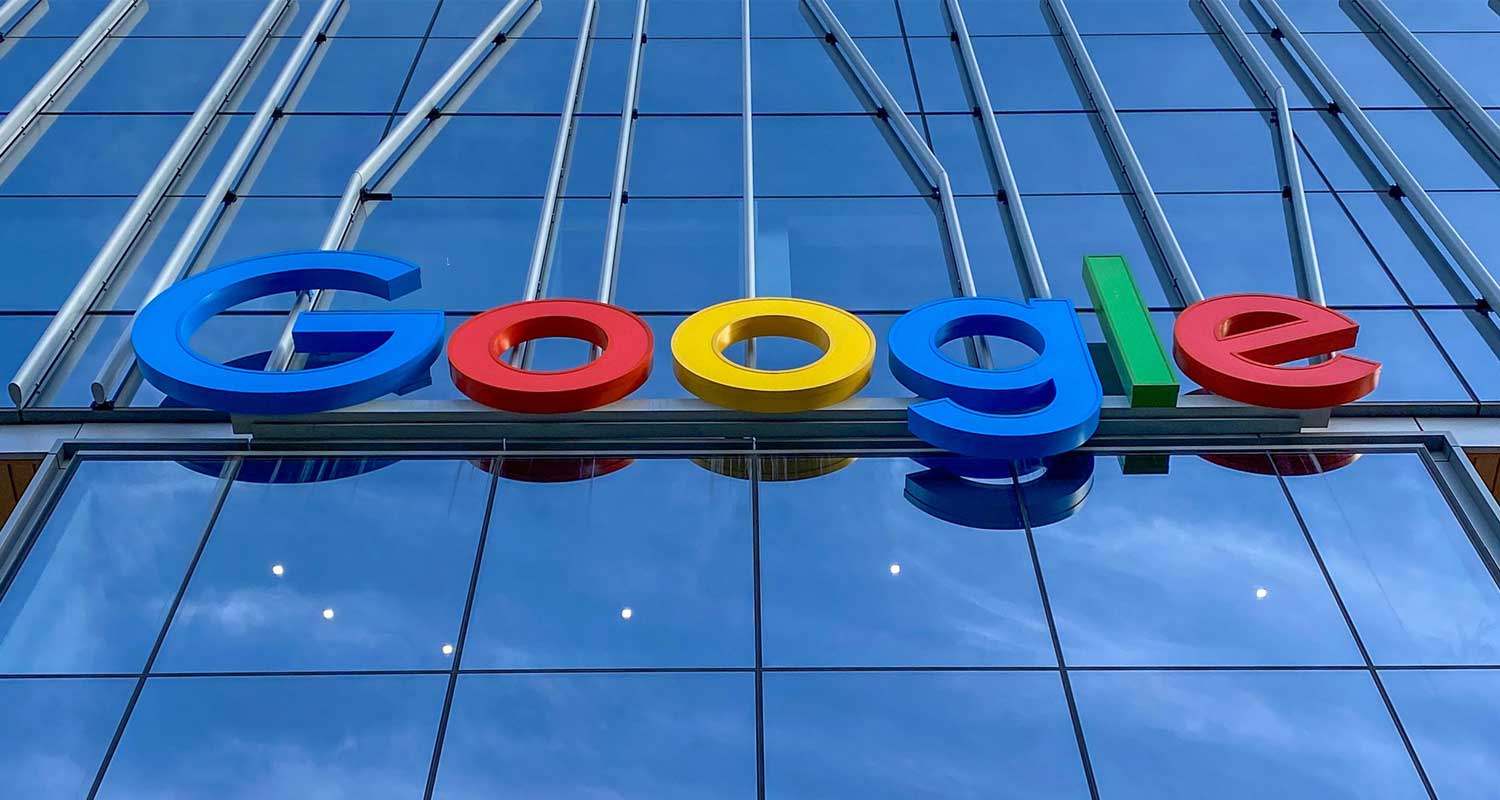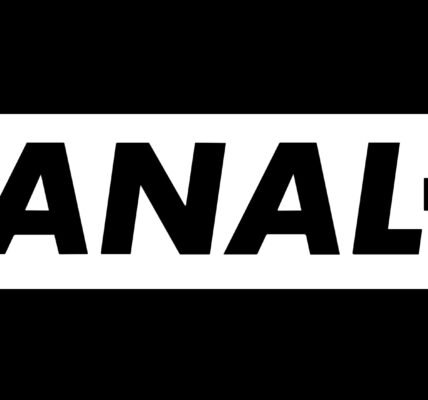
For about a year, investors have bid up megacap tech shares on the theory that their exposure to artificial intelligence will usher in a new era of elevated growth and efficiency. Now the companies need to prove it.
Microsoft and Alphabet, two of the biggest players in AI-related software, will report after the market close on Tuesday, and Wall Street wants a stronger sense of when the rally-driving technology will start moving the needle for earnings and revenue. Both stocks have been supported by AI excitement; Microsoft is above a historic US$3-trillion valuation, while Google’s parent company returned to all-time highs.
“AI might facilitate growth over the foreseeable future, but I’m not sure most big tech stocks have much to show for it yet,” said Dan Taylor, who oversees about $40-billion as chief investment officer of Man Numeric. “Any clarity they give about the likely impact over 2024 or 2025 will be crucial. Expectations are very high, and if the outlooks don’t support that, then we could see some issues with the stocks.”
The stakes are especially high for Microsoft, which trades at an elevated multiple and has rolled out AI-supported assistant services related to its OpenAI investment. Last quarter, its results highlighted the increasing impact AI had on growth in its Azure cloud business and investors will be looking for a repeat performance — or better.
Both stocks are among the so-called Magnificent Seven that have led the market’s advance. They are up more than 70% since the end of 2022, including gains of nearly 10% in January. The Nasdaq 100 Index is up less than 5% this year.
Expectations are high for AI-related growth. UBS Group forecast $420-billion in AI revenue by 2027, up from $28-billion in 2022, and it said AI “could arguably be the tech theme of the decade, as we don’t see similar growth profiles elsewhere”.
Cutting edge
Both Microsoft and Alphabet are seen at the cutting edge. In addition to Microsoft’s Copilot assistant products and AI lifting demand for cloud computing, Alphabet recently released its Gemini AI model, easing concerns that it has fallen behind OpenAI’s ChatGPT. Alphabet’s results were seen as a disappointment last quarter, especially with its cloud business.
The upcoming reports are expected to reflect healthy growth for both companies. Revenue at Microsoft is seen rising about 16%, while Alphabet’s comes in at about 12%. However, consensus expectations for the quarter have barely changed for either over the past three months, suggesting that the excitement over AI isn’t translating to improved near-term expectations.
Read: Microsoft is poised to leave Apple in the dust
For Microsoft, “this is a year of laying the foundation for gen AI adoption, as we are still taxiing toward the runway, with actual M365 takeoff likely closer to 2025,” JPMorgan Chase & Co analysts wrote, referencing the company’s family of productivity software.
Should Microsoft indicate that an inflection from AI is further out than Wall Street is anticipating, that could put pressure on the stock. Shares trade above 33x estimated earnings, their highest in about two years, and well above the 10-year average below 24x. The Nasdaq 100 Index has a multiple of 26x. Alphabet’s multiple is lower, at 21x, but this represents a slight premium to its long-term average.
 “AI is something we’re trying to get a handle on, since even if it is transformative, translating that to products and profits is challenging, and we’re trying to figure out the drivers of growth going forward,” said Michael Rosen, chief investment officer at Angeles Investments.
“AI is something we’re trying to get a handle on, since even if it is transformative, translating that to products and profits is challenging, and we’re trying to figure out the drivers of growth going forward,” said Michael Rosen, chief investment officer at Angeles Investments.
“I think these are solid companies that have proven their ability to generate very strong profitability over a very long period of time, but given the run we’ve had, it wouldn’t surprise me to see markets selling on the earnings, even if the news is good.” — (c) 2024 Bloomberg LP



